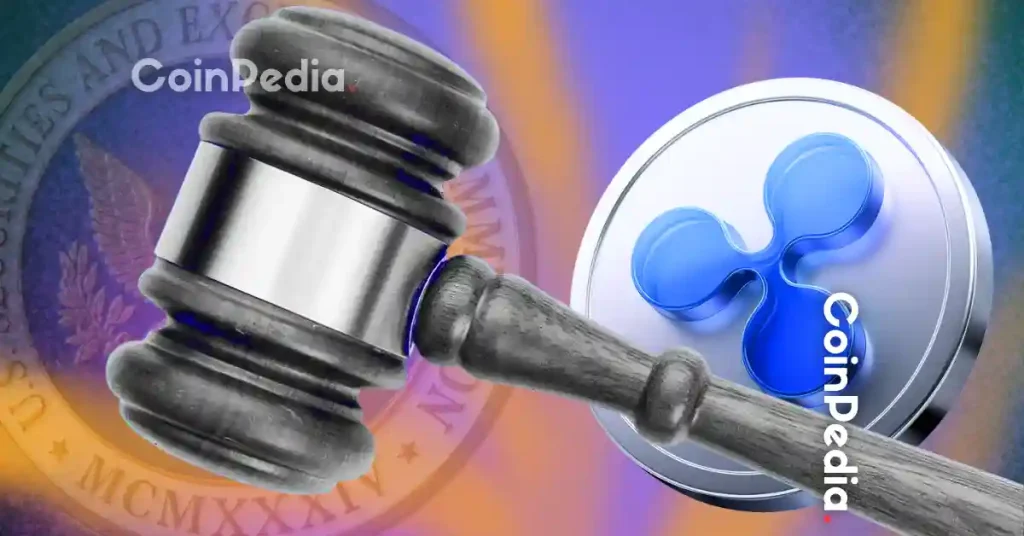
Kraken Japan representative deepens cooperation to prevent sanctions evasion against Russia.
In response to the FSA’s request, Mr. Chino said, “The Japan Crypto Asset Exchange Association (JVCEA) is considering sharing the addresses of those subject to asset freezes among exchanges.”
As Japan, the United States, and Europe tighten sanctions against Russia, it has been pointed out that crypto assets (virtual currencies) are being used as a loophole. On March 24, Mr. Takeshi Chino, representative of the Japan business at Kraken, a global cryptocurrency exchange based in the United States, revealed that the industry is responding to these concerns. .
announced at an online conference
In March, the Financial Services Agency requested exchanges not to transfer assets if the recipient of the crypto assets was subject to an asset freeze. In case of doubt, it also asks to confirm that it is not subject to an asset freeze.
Bitcoin and other crypto assets are sent and received by specifying an address, which is a list of alphanumeric characters. It is difficult to identify personal information by address alone. However, the addresses of those subject to asset freeze are not shared by the financial authorities.
Pointed out that it is very difficult to identify suspected money launderers from bitcoin addresses. He cited the arrest of the founder of BTC-e as a successful example, but explained that the investigation would have been difficult had it not been for the “Careless Miss of the culprit.”
On the other hand, he said, “Crypto assets are also difficult to use to evade sanctions.” This is because the transaction history is recorded on the blockchain and cannot be deleted, so it is possible to detect fraud after the fact.
In September 2021, we tracked transaction history to identify a Russian vendor that was used to cash criminal proceeds. There is a case where the U.S. Treasury Department’s Office of Foreign Assets Control (OFAC) effectively stopped deposits and withdrawals to the crypto asset exchange company “SUEX”, which was mainly operated in Moscow.
In order to discover a suspicious address, it is necessary to determine the risk of the address from various information. Representative Chino explained the use cases of Chainalysis and Elliptic as companies that investigate fraudulent transactions on the blockchain. He spoke of the importance of analysis.
|Interview and text: Tomonobu Kikuchi
|Editing: Shigeru Sato
| Top image: Shutterstock.com
The post Money laundering loopholes, prevented by the industry ──Domestic cryptocurrency exchanges and global exchanges talk about “Russian sanctions” and “criminal investigations” appeared first on Our Bitcoin News.

 2 years ago
133
2 years ago
133














 English (US) ·
English (US) ·